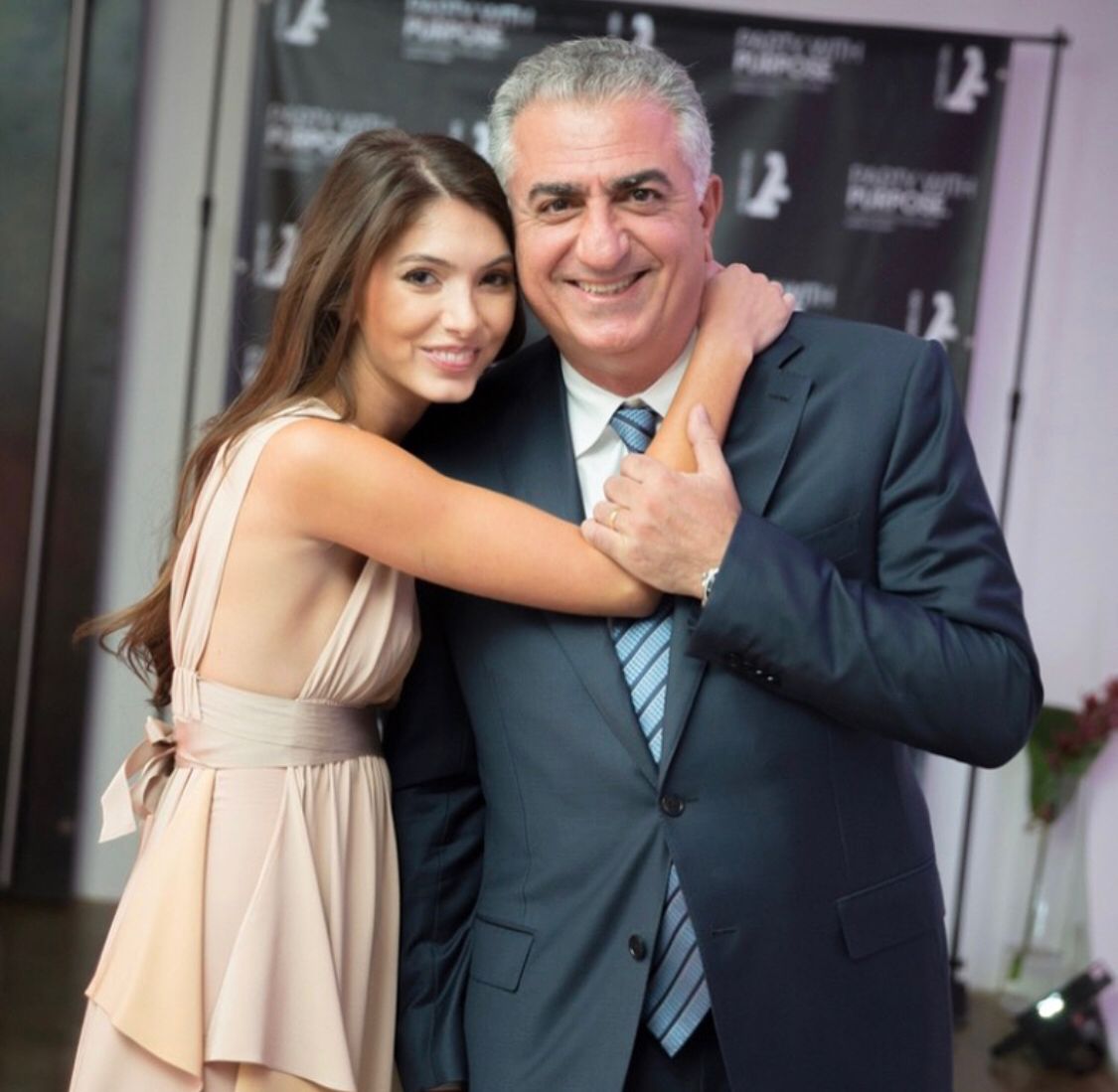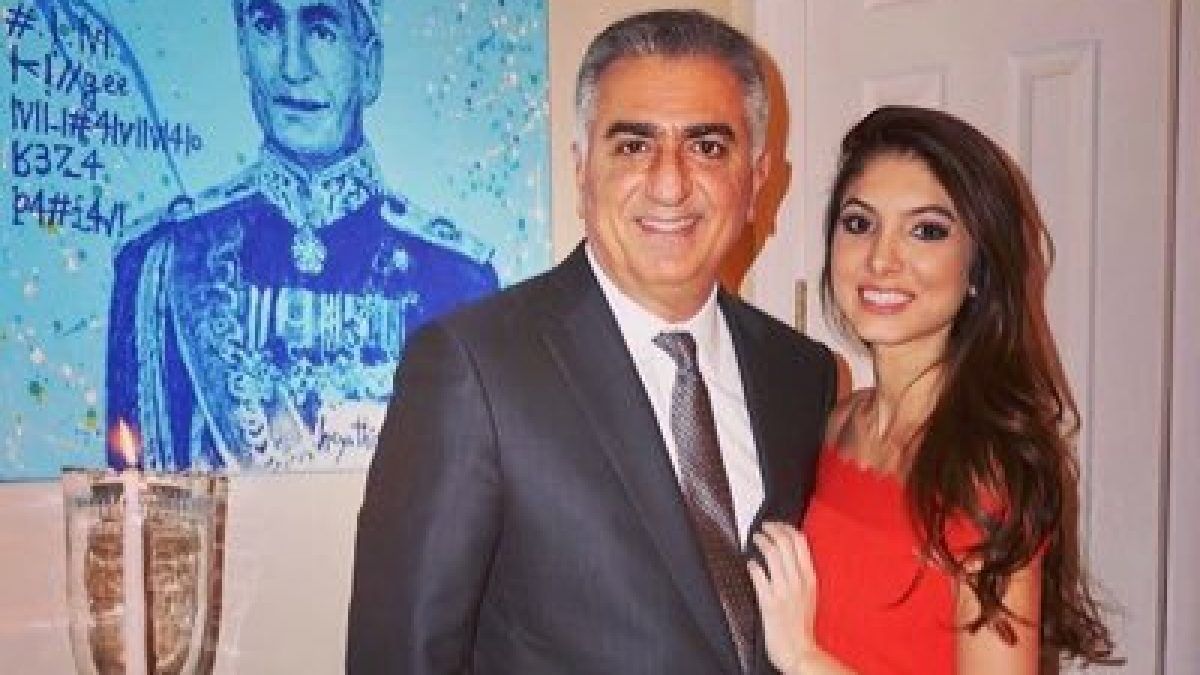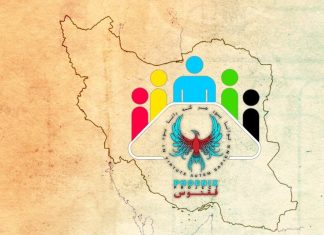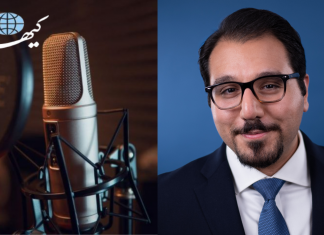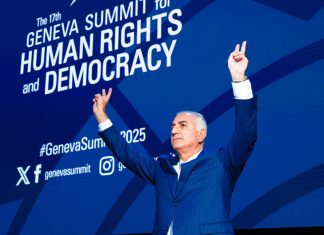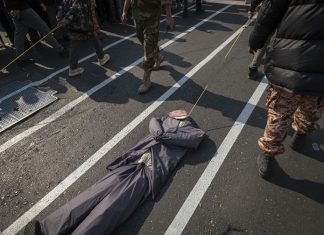
[The following is a piece submitted to Kayhan Life by Princess Noor Pahlavi, daughter of Prince Reza Pahlavi]
While the world focuses on the unfolding political and humanitarian catastrophe in Afghanistan, just across its border, in Iran, another crisis is approaching a breaking point.
Every two minutes an Iranian is dying from COVID-19, and that is just according to the regime’s own admissions. These deaths are not merely the result of poor planning or mismanagement. It is fueled by the same anti-Western, anti-progressive ideology that just took over Afghanistan– and it is wreaking havoc on the Iranian people, as it has been since 1979.
As the pandemic’s first wave hit Iran, Khamenei denied the pandemic’s deadly reality in order to promote turnout in his sham elections and promoted absurd conspiracy theories. He insinuated that the United States may have had a role in creating the virus, saying: “The Americans themselves are accused of producing the virus” and that the United States wanted to use Iranians as guinea pigs “to perpetuate the virus in Iran and examine its effect.” The head of the IRGC expanded on this reckless and dangerous claim this week saying “the enemy” intends to use the vaccine to “paralyze” Iranians.
The rabid anti-westernism is not just rhetorical. The regime acted on it. To prove his fealty to the cause of anti-Americanism, no matter the price, Khamenei took the unprecedented step to ban American and Western vaccines from Iran. Despite being widely-rumored that regime officials themselves were inoculated with Pfizer’s vaccine long ago, he denied Iranians the same opportunity to have access to and receive safe and credible vaccines . As a result, while most of the world recovers and attempts to move on from this pandemic, Iranians are dying en masse.
The world has tried to help by offering to assist the regime, but the regime has irresponsibly denied and rejected such assistance, including from Doctors Without Borders. Promising to tackle the problem on its own, the regime launched the domestically-produced CovIran Barakat vaccine. It however, has been linked to an organization under the control of Khamenei’s office, leading many to wonder how much Khamenei will personally make off of his vaccine ban.
As of yet, however, the “Iranian” vaccine has not been produced at a sustainable level and barely 5% of the country is vaccinated. The regime later announced that China, Cuba, and Russia would send vaccines to Iran. This, too, was a lie and the bodies continued to pile up across the country. Our country’s hospitals are so overcrowded that patients line the floors. The most desperate lay waiting on the streets. Many die waiting for basic treatment, let alone a vaccine.
Persian-language social media has become a scene of mass mourning as Iranians lament their lost loved ones. Their cries through these platforms, which they access with difficulty using VPN’s and filter breaking technology, to the World Health Organization, United Nations, and others go unanswered. One video of a young woman who had lost her husband went viral, her screams against Khamenei voicing the rage of a nation.
Iranians’ fury was given further fodder recently when it was announced that officials had money for vaccines but refused to purchase them. A health official admitted the regime had spent more than $800 million on a drug with a dubious record of treating the side-effects of the coronavirus. This amount of money could have been used to purchase more than 160 million doses of the Astra-Zeneca vaccine produced abroad, which could have vaccinated every single Iranian adult. Khamenei chose not to.
One idea has been proposed by Iranian groups to Western countries as a means of humanitarian aid that comes at no cost to their own taxpayers. Such an endeavor would involve using the regime’s own frozen assets abroad to purchase vaccines and provide them directly to the Iranian people. This should, naturally, be done under the watchful eye of a reputable international organization because aid given directly to the Islamic Republic would undoubtedly be used to line the leaders’ own pockets or solely benefit the regime, as is often the case. With the crisis spiraling out of control, the regime may yield and allow such aid despite refusing previous offers.
Such methods of direct humanitarian intervention, which will not come at a cost to the world, are in desperate need today as Iranians suffer through the side effects of the ideological war this regime is waging. As most countries retreat from the Middle East, they should take this opportunity to show that human rights and the dignity of those suffering under repression is a priority.

